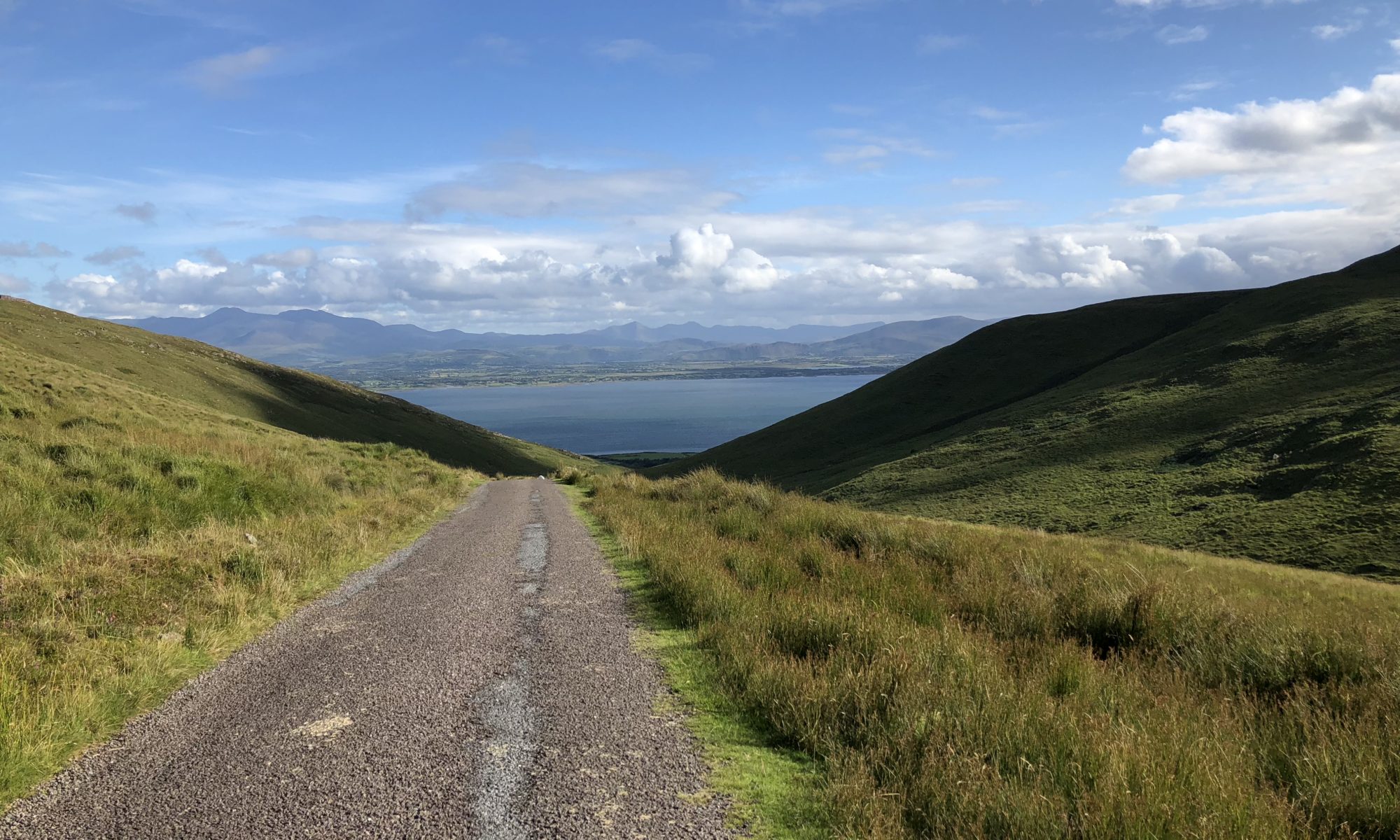The Scripture readings around the Easter season are filled with great challenges. Yes, Scripture is always filled with challenges, but I really like the ones we find in the readings around Easter.
We have the women running to the tomb. We have Peter reconciling with Jesus. We have the apostles walking to nowhere and meeting Jesus on the way. We have Thomas the doubter – who we must remember is recognized as a saint (that always give me hope).
Eventually, we have the apostles looking at the sky, waiting for what’s next.
But the people who have been on my mind of late are the disciples in the upper room. We hear that they were in the upper room and the doors were locked. Jesus arrives. Thomas isn’t there. You remember the story.
Then, a week later, Jesus arrives again and shows Thomas his hands and feet.
The doors were still locked.
Think about that for a minute. We focus on Thomas because he doubts and his name means twin and we, doubters and sinners, are his twin. We think about Thomas because we get Thomas. We struggle and wonder and question and doubt.
But don’t let the other ten off the hook. They experienced the Risen Christ. They welcomed him. They interacted with him. This guy with whom they had interacted and lived and shared their lives with had been brutally put to death. They buried him. Now, he had been raised and was standing, breathing and talking in their midst.
But after he left, they locked the door.
I am not sure what the lesson is for you, but for me it raises the question about my own openness to the resurrection experience. When I experience Christ in the flesh all around me do I welcome it and share it or does the fear overwhelm me?
Do I lock the doors to feel safe or to avoid responsibility?
Maybe that’s why we celebrate Easter for so long. The dead are raised. What has happened for one is suddenly possible for all. After a lifetime of saying, “yes” to God – even unto death – God validates his life choices and says, “yes” right back to Jesus.
God resurrects that which we crucify. Isn’t that nice?
Why then, if we believe, are so many doors still locked?


